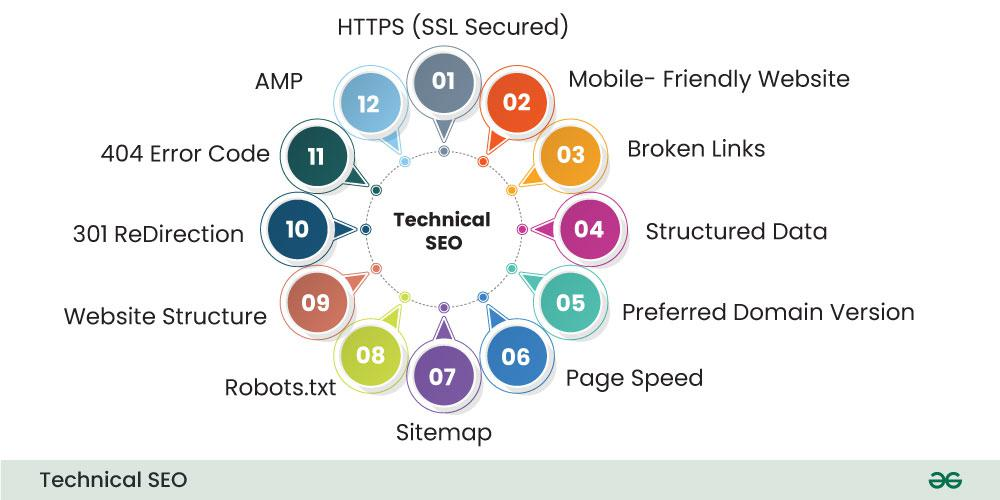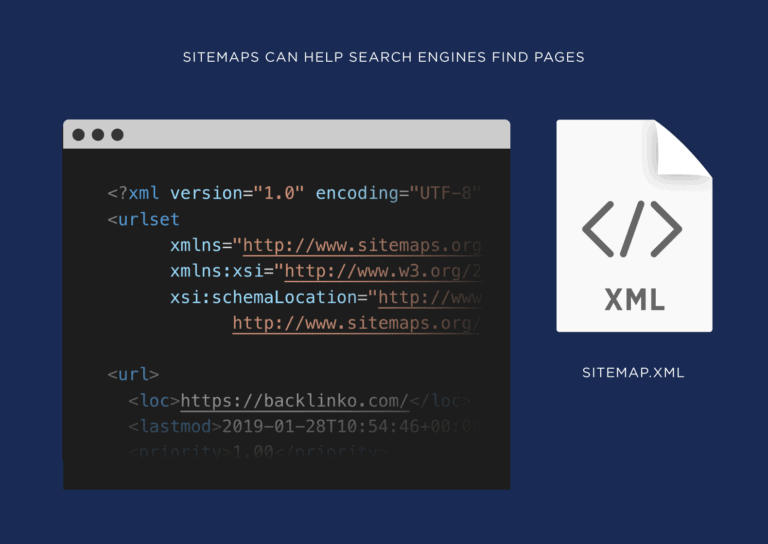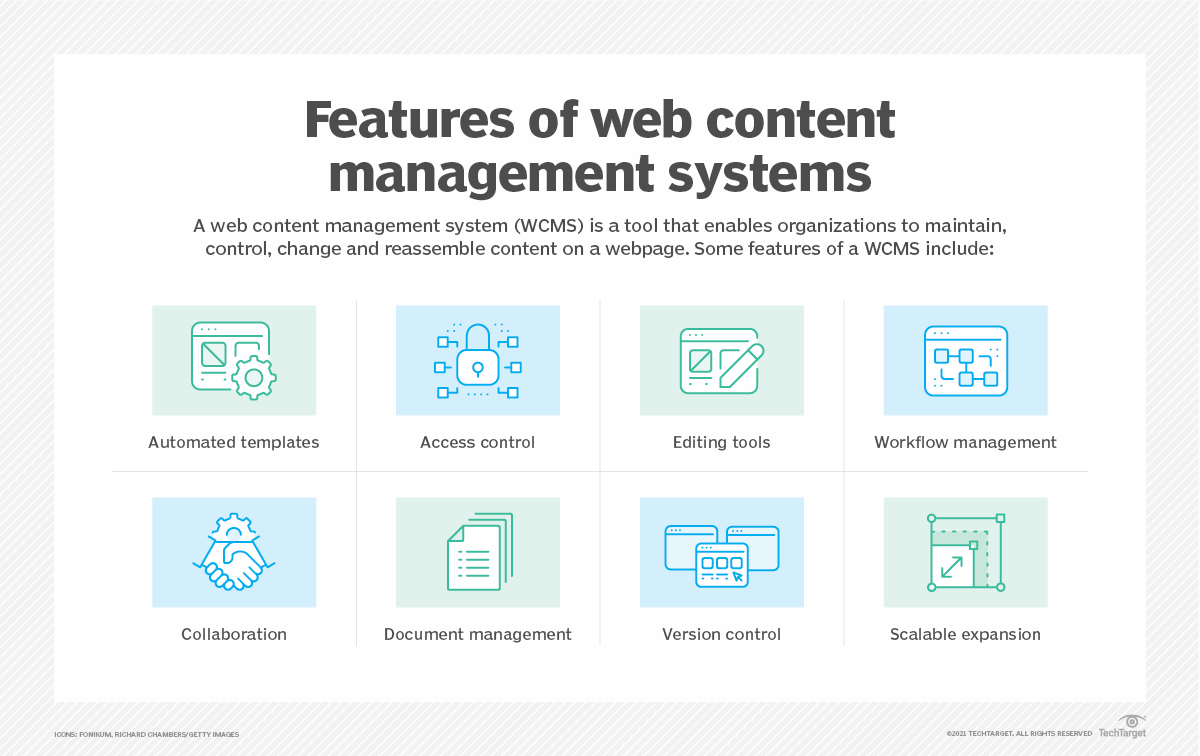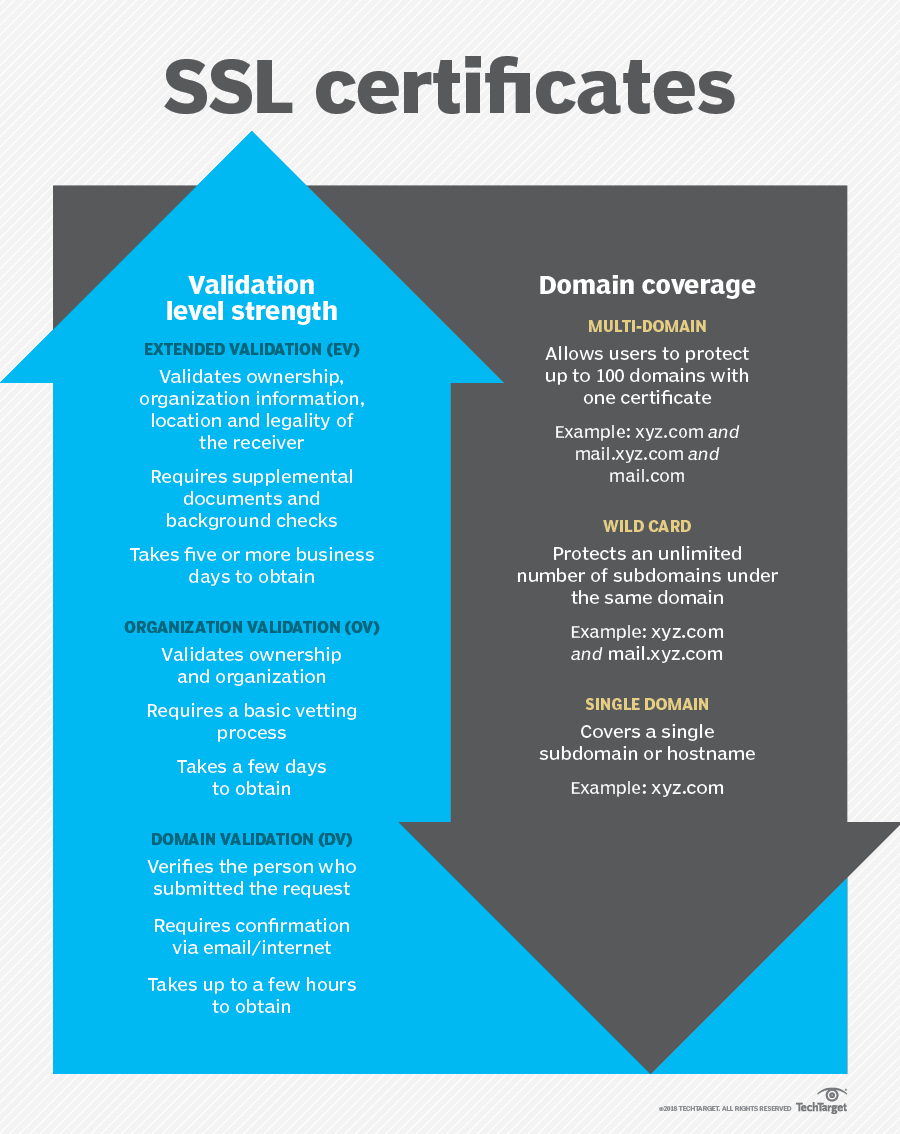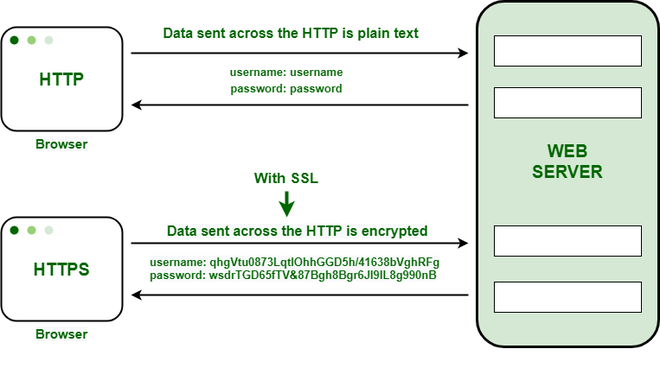
Search engines not only crawl your site but assess its value based on several factors. Every image that lags, every broken link, and every unnecessary plugin contribute to reduced ranking.
With nearly 8.5 billion Google searches every day, even the smallest SEO edge can drive thousands of views—or send them to your competitors. Duda and WordPress are at the forefront of this digital battleground, powering millions of websites all over the world.
One boasts lightning-fast performance out of the box, and the other commands an ecosystem of plugins and limitless customization.
Beneath the polished templates and stylish interfaces is a much more complex question of which platform will deliver better SEO results in 2025.
Let’s dig deeper into what makes the difference — site speed, mobile responsiveness, technical control, and more —to determine who deserves your domain.
1. Site Speed and Core Web Vitals

Ever since Google made site speed one of its ranking factors, it can no longer be considered a luxury. As per Google’s Core Web Vitals, which were introduced as part of their ranking algorithm, they prioritize how fast a site loads, how stable it feels during interaction, and how quickly it becomes usable.
Both Duda and WordPress claim to deliver these signals, which directly impact the user experience and SEO.
But how satisfactory are they in their performance?
Duda earns points for convenience. Designed for fast performance— it supports CDN integration, automatic image compression, and lazy loading. That being said, WordPress is slightly more advanced when it comes to functionality and customization.
WordPress can easily outperform Duda in speed with tools like WP Rocket for caching, Smush for image optimization, and Cloudflare CDN. According to the study, the conversion rate of B2B websites that load within 1 second is three times higher than the one that takes 5 seconds to load.
With WordPress, you have the power to control the server environments, which lets you optimize the Core Web Vitals aligned with Google’s norms to provide a lightning-fast user experience. However, Duda’s streamlined platform provides less granular control, limiting your ability to fine-tune these key performance factors.
Duda is fast by default, but WordPress has much better speed potential. This is why several businesses are considering a Duda to WordPress migration.
2. Technical SEO Capabilities
In terms of SEO, content is not the only factor that comes into play. Technical SEO—the process through which search engines index and interpret your website—is the factor that helps a website rank well.
Indexing Control and Sitemaps
Duda simplifies the process by automatically creating XML sitemaps and making simple changes to the robots.txt file. While this is adequate for simple sites, it may not be enough for more complicated SEO strategies.
On the other hand, WordPress, with the help of plugins like Yoast SEO, Rank Math, and All in One SEO (AIOSEO), gives a professional edge in the case of indexing. These tools allow you to personalize sitemaps, manage robots.txt files, and set canonical URLs, providing a tailored approach to how search engines interact with the site.
Notably, AIOSEO has been adopted by over 3 million websites, indicating that it is an efficient tool for SEO management.
Structured Data and Schema Markup
Duda offers built-in support for structured data, but customization is somewhat restricted.
WordPress plugins such as Rank Math and AIOSEO offer extensive schema markup capabilities, allowing for detailed structured data implementation. This improves the site’s appearance in search results, which may potentially raise the click-through rates.
Redirects and Canonical Tags
WordPress has better ways of managing the redirects and the canonical tags. Plugins offer simple ways to implement 301 redirects and define canonical URLs, ensuring the site’s value and search rankings are not compromised.
Duda provides all these features but with limited flexibility and control.
Plugin Ecosystem and Customization
WordPress offers the ability to significantly customize technical SEO through plugins. Users can choose suitable tools to fulfill their need to improve SEO performance. This is a clear plus compared to Duda, as it offers a rigid structure in terms of features.
3. Content Management and Blogging Features
Speed drives the traffic to your site —but content keeps them there. Once your pages are loading fast and optimized for performance, the next part of the SEO process that comes into focus is how content is managed and organized.
So, let’s compare Duda and WordPress regarding content management and blogging options.
Effortless Publishing or Full Editorial Power?
Duda is easy to use with a sleek design for content publishing that comes with an easy-to-use drag-and-drop functionality. While simplicity is good for small teams or if one does not post frequently, it may not be very satisfying for growing blogs or content-heavy sites.
WordPress, on the other hand, has been practically designed for blogging. Supporting more than 43% of all sites on the web, it comes with one of the most sophisticated content management systems. You get it all –from scheduling posts and assigning user roles to integrating content calendars.
Content Hierarchy and SEO-Friendly URL Structures
neilpatel.com
Having a flat content structure is easier to implement, but that is not what Google prefers. Duda offers basic, easy, and simple hierarchy control but is insufficient for enhancing complicated content silos, a key SEO strategy for sustainable ranking.
WordPress excels here. No matter if you are building cornerstone content, category hubs, or several clusters of close-knit small blogs, you are free to create well-defined, keyword-friendly URLs and logical navigation trees.
In a recent study by Backlinko, it was found that URLs that are well-structured or have fewer parameters would rank better by 45% in the top three results.
Customization of Meta Tags, Headers, and Alt Texts
Duda includes built-in SEO fields for meta titles, meta descriptions, and alt tags, but customization is surface-level. WordPress users can go much further than that. With plugins such as AIOSEO, you can programmatically insert schema data, install dynamic headers, and perform A/B test meta descriptions.
In a platform that lets you micro-manage each pixel and tag, WordPress once more demonstrates that it’s built for serious SEO results.
4. Mobile SEO Readiness
Mobile is not just a part of the web; it is the web itself. In fact, a whopping 58% of all Google searches are done from mobile phones. Since Google prefers mobile-first indexing, how a website performs on smartphones is not a matter of significance but rather a matter of relevance.
Both Duda and WordPress recognize this shift, although they respond differently. Each template is responsive, and features like lazy loading and adaptive image sizing are standard.
While a little more setup is necessary, WordPress delivers far more flexibility. With mobile-optimized themes like GeneratePress or Astra and plugins like WP Touch or AMP for WP, it is easy to create a super-fast mobile version that meets your visitors’ expectations.
This matters since mobile users comprise nearly 60% of the world’s Internet traffic.
AMP Support and Responsive Control
Accelerated Mobile Pages (AMP) will enhance your content and speed in search engine result pages. Duda does not natively support AMP, which limits its ability to serve ultra-light versions of your pages.
WordPress?
It shines here. Currently, there are official AMP plugins by WordPress and Google that allow seamless integration, and you can select the specific pages to get AMP treatment.
UX and Speed Where It Counts
On mobile, seconds matter. According to statistics, a mere 0.1-second improvement in mobile loading time results in an eight percent improvement in conversion ratio.
While Duda provides built-in speed tools, WordPress users can dig even further, using tools like WP Rocket, Cloudflare, and critical CSS generation to squeeze out every millisecond.
Duda is mobile-ready by default, but WordPress makes it possible to rule over mobile SEO and deliver the speed, control, and AMP readiness that Google and your visitors adore.
5. Security and SSL – Ranking Signals Often Overlooked
We often pay attention to keywords, backlinks, and site speed while neglecting the biggest power driving in the background: site security. There is no doubt that Google prefers secure sites.
Lack of HTTPS protection means a lack of users’ trust, and that means your website will not only be invisible to Google, but it will be invisible to your potential clients as well. The term ‘secure hosting’ refers to the protection of websites from any threats and provides a user-friendly website to browse.
Duda’s Secure-by-Default Model vs WordPress’s Manual SSL Integration
In terms of security, Duda was designed to be secure from the ground up and defaults to secure for all the applications. By default, SSL certificates are already embedded in every site created with Duda; this means all the pages created on the site are already secure (HTTPS).
On the other hand, WordPress has more options but needs manual installation of SSL certificates. To implement HTTPS, you need to use either Really Simple SSL or set up for SSL through your hosting service.
However, WordPress, with its flexible and highly customizable platform, offers more control over SSL integration. Although it is not an automated process, it gives the user the freedom to select the hosting provider and SSL solutions.
Although this may appear as an added step, it is a plus for users who would like to be more specific with the security of their sites.
6. Ease of Use vs SEO Customization Flexibility
In the spectrum of website creation, there is often a line between ease of use and full customization. For those who are looking for an uncomplicated setup, Duda is the perfect solution.
However, if you want to have more control over all SEO features on your site, WordPress has a lot to offer to you.
So, when it comes to ease of use versus SEO customization flexibility, how do these two platforms stack up?
For Non-Tech Users: Simpler On-Page SEO Tools
If you’re a complete beginner or simply desire a website that is up and running quickly, Duda is an absolute joy. Its drag-and-drop interface and automated on-page SEO tools don’t require you to have any coding skills.
Although WordPress appears to be a daunting project for every beginner, it has its wonders. With user-friendly plugins like Yoast SEO or Rank Math, WordPress streamlines SEO optimization for non-technical users.
The main difference?
Although Duda offers an easy setup from day one, WordPress allows for SEO that grows with you as you learn more.
For Advanced SEOs: Deeper Control and Code-Level Edits
When the time comes to push the limits of SEO, WordPress truly comes into its own. Its open-source nature means you have complete freedom to tweak every element of your site’s SEO. And for those who love digging into the code, WordPress is the ultimate playground.
On the flip side, Duda offers less flexibility. While it’s a fantastic platform for building a site quickly and easily, it doesn’t give the same level of customization as WordPress.
For advanced SEO strategies or code-level edits, Duda is somewhat limiting, leaving you with fewer options for intricate optimizations.
Limitations of Duda’s Simplicity vs WordPress’s Open-Source Flexibility
Duda is the platform for users who crave simplicity and speed—great for launching a website with basic SEO functions. However, this simplicity can feel restrictive for those wanting more control over every detail.
WordPress, on the other hand, thrives on its open-source flexibility. It allows users to modify every aspect of their site, no matter how niche the SEO needs. While it may take a bit more time to set up and understand, WordPress offers a level of customization that Duda simply can’t match.
The choice is yours: go with ease or go with depth.
Duda vs WordPress: Which Platform Delivers Better SEO in 2025?
Search Engine Optimization (SEO) is essential for driving organic traffic and improving online visibility.
Duda offers solid built-in SEO features like mobile optimization, fast loading speeds, and SSL, making it great for quick, beginner-friendly site setups. However, WordPress stands out with its unmatched SEO flexibility.
With plugins like Yoast and Rank Math, users can customize metadata, add schema markup, and manage content structure more precisely. WordPress also supports advanced SEO tactics, from technical optimization to content scalability.
While Duda works well for small sites, WordPress is the better choice for long-term growth and deeper control over your SEO strategy.

